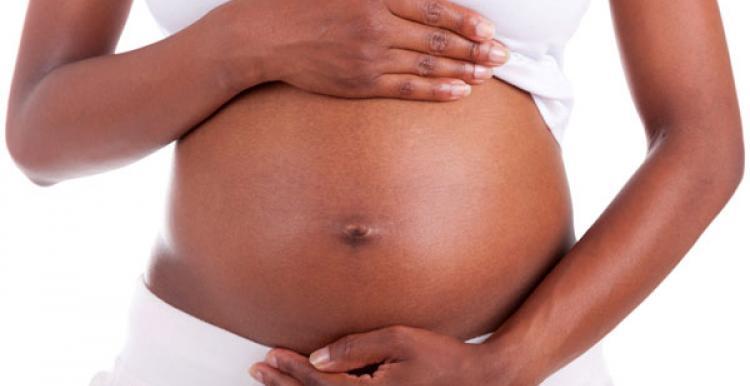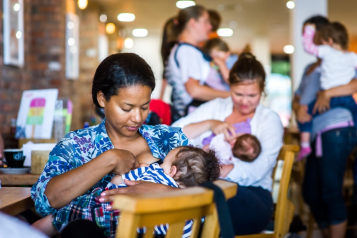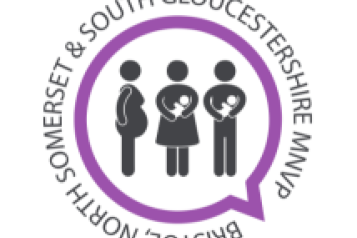Serious health inequalities for Black pregnant women found - Healthwatch wants real-life experiences to lead change

Better ante-natal care an important right to life for all
Seven in 100,000 white women die of pregnancy complications or childbirth, for black women that figure is 38 out of 100,000.
Recently the Parliamentary Joint Committee on Human Rights, chaired by Harriet Harman MP heard these startling health inequalities for black pregnant women. Ms Harman said it is an important right to life issue especially in the context of the Black Lives Matter movement.
- 55 per cent of pregnant women admitted to hospital with Covid-19 were from Black and Asian Ethnic Minority backgrounds. Healthwatch wants to learn more from patients in BAME groups about their experiences of pregnancy care.
- The NHS says Continuity of Care – having the same midwife for ante-natal, birth and post birth care – means women are 24 per cent less likely to have a pre-term birth and could help deal with these inequalities.
- The aim is for 75 per cent of women from British black African or black Caribbean communities to have Continuity of Care to give them the best pregnancy outcome.
- Going forward the NHS is looking at ways of communicating better maternity support services to all communities.
Professor Jacqueline Dunkley-Bent, the Chief Midwifery Officer for the NHS, said every death was a tragedy and it was important to look at why this disparity between people of different ethnic origins was happening.
She said that illnesses such as heart disease were more prevalent in black communities and obesity rates were higher too.
Read more here https://committees.parliament.uk/oralevidence/743/html/
Covid has shone a light on inequality. We had information before on inequality in health outcomes, but Covid has shone a light on this situation. While we have come a long way, we have much to do. My view is that we need to learn from the people who are experiencing these challenges. That is why the maternity voices partnerships will be set up for black, Asian and ethnic minority groups, not those who are usually around the table but the women who would not ordinarily want to go to a committee or indeed complete a survey.

